1950 was the peak of Cork Athletic’s time in Irish football

Cork Athletic (FAI Cup Winners 1952/53) : L to R (Back) : John Vaughan, John Moloney, Georgie McGrath, Ned Courtney, Paddy O'Callaghan, Raich Carter. L to R (Front) : Murty Broderick, 'Small' Seanie McCarthy, Dave Noonan (capt.), Paddy O'Leary, Willie Cotter.
2025 marks 75 years since the peak of Cork Athletics’ brief existence in the League of Ireland, a period that lasted just nine years.
Everything happened over twelve months as the club won back to back to back top flight titles and a FAI Cup by defeating Shelbourne in a replay at Dalymount Park.
This was all done by a club born out of the ashes of Cork United, another name on another headstone in the graveyard of local sports.
Athletic’s time is best measured through snap-shots as opposed to a sweeping narrative of scores.
The first involves the legendary Noel Cantwell, and how he managed to play for the club.
The legend goes that one day in 1950 at Cork County Cricket Club, he was practising his batting stroke when a message was dispatched containing an offer of a professional deal with Athletic.
That quite literally secured the signature and set in motion a career in association football that would put Manchester United on the road towards their first ever European Cup.
There was also captain Florrie Burke, who came from Ballintemple and rose to prominence by helping Rockwell defeat Home Farm in the 1936 FAI Minor cup semi-final as a teenager.
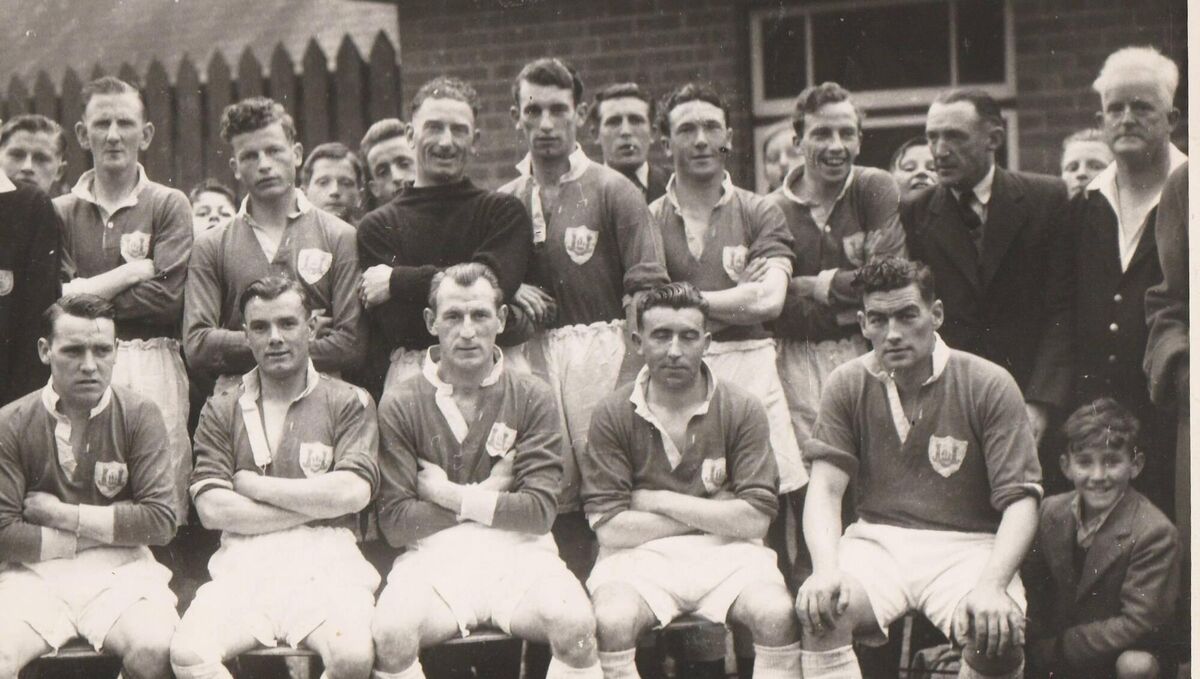
The defender went on to line out for Cork United, where he won three league championship medals.
Their demise meant a move to Athletic, and as captain Burke led the successful 1949-50 and 1950-51 campaigns.
The squad also boasted a young Jackie Lennox, the soon to be legendary chip-shop owner.
Together, they helped Athletic edge out Drumcondra for their first league title and their superiority was reinforced with a 3-2 victory over the Dubliners in the opening round of the FAI Cup on April 3rd 1950.
The Cork side kept momentum by knocking out Shamrock Rovers in the quarter finals, which set up a meeting with non-league St Patrick’s Athletic at Dalymount Park.
Athletic needed two replays and the home comforts of the Mardyke to book their place in the decider, where they raced into a 2-0 lead over Transport.
The Dubliners came back, and again in the replay.
The Irish Independent made note of this saying the final ‘ranks amongst the really great past struggles for the trophy, as it was very tense as Cork seemed to have won twice and their opponents hit back each time.’
Athletic were defeated and the lingering sense of disappointment would manifested in a double winning campaign during the 1950-51 season.
The league was again a shoot-out, and this time it was Sligo Rovers that missed out by one point.
The FAI Cup campaign was the best part for all involved, and it opened with a rematch of the previous year’s final, and the two teams drew twice following bouts in Cork and Dublin.
The third game of the ‘series’ was staged at Dalymount Park and Athletic almost missed it as their train got into Dublin 20 minutes before kick-off.
The second round meeting with Limerick is remembered for all sorts of reasons, with Willie Cotter recalling them in Sean Ryan’s Gillette Book of the FAI Cup.
“The English referee abandoned the game after seven-seven minutes for fear of crowd trouble as the crowd had encroached on the greyhound track around the pitch.
"In the re-fixture at Dalymount Park, we were lucky as Paddy O’Brien impeded the ‘keeper for our equaliser, but we destroyed them at the Mardyke.”
Athletic made light work of Sligo Rovers in the semi-finals, which set up a meeting with Shelbourne in the decider.
The Reds star player was Tommy Carberry, who scored in every round of the cup, and the reputation was reinforced with an equaliser.
The Cork side had to face another replay, and with a rotated team as full-back Dave Noonan chipped a bone in his ankle in the first game.
Danny O’Connell had to come in on the right and the rejigged outfit managed to win 1-0 with Johnny Vaughan scoring.
Athletic did not stop there, they went on to beat Evergreen United in an all-Cork final in 1953.
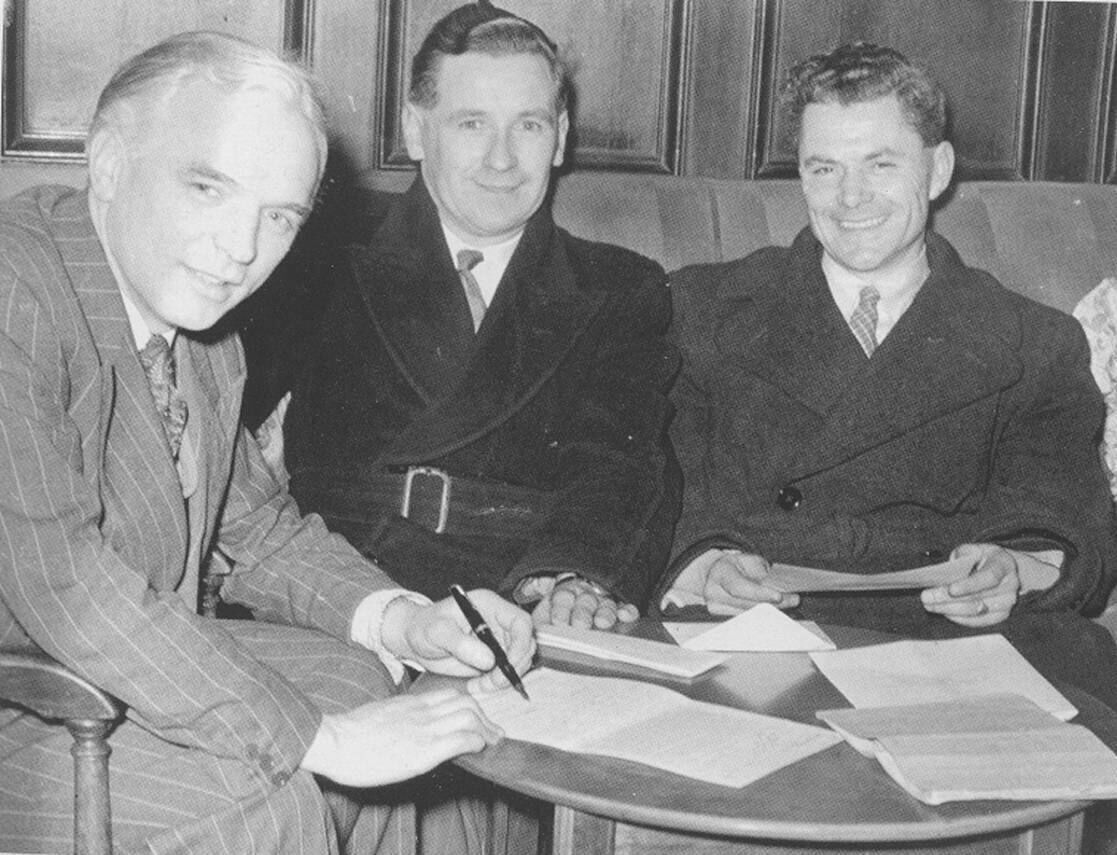
That story, and Athletics’ second FAI Cup, often take preference in historical discussion over the role played by former England international Raich Carter in the biggest derby of them all.
Before that was the double, and a top flight title.
The best of days some might day, when Athletic burned the brightest and conquered all around them during their brief tenure in the League of Ireland.
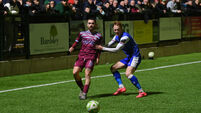
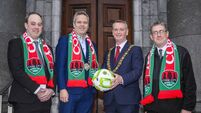
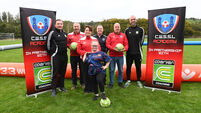
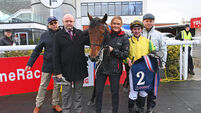
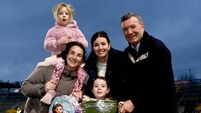
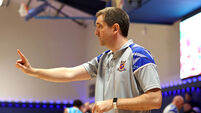
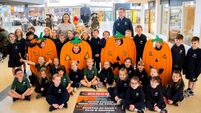
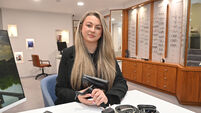
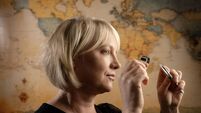
 App?
App?







